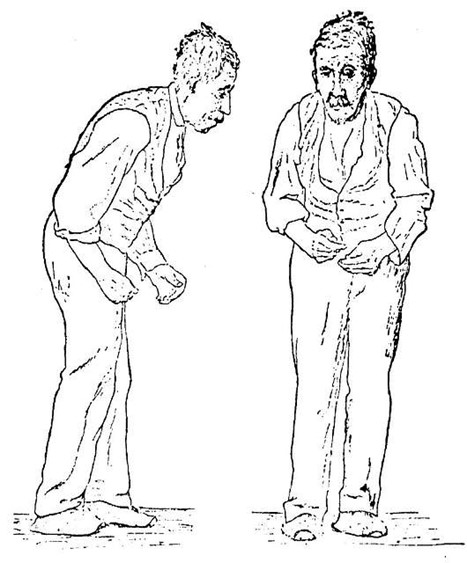Tourette Syndrome Revealed: A Deep Dive into the Core Understanding
Tourette Syndrome (TS) is a neurological disorder that has captured the attention of medical professionals and the public alike due to its distinctive symptoms. This disorder is characterized by involuntary movements and vocalizations called tics, which can range from mild to severe. While often misunderstood, TS is a complex condition that affects individuals in unique ways. In this blog, we will delve into the basics of Tourette Syndrome, exploring its symptoms, causes, diagnosis, and management.
Understanding Tourette Syndrome:
Tourette Syndrome is classified as a neurodevelopmental disorder, typically emerging in childhood. It is often accompanied by other conditions like Attention-Deficit/Hyperactivity Disorder (ADHD) and obsessive-compulsive disorder (OCD). The hallmark of TS is the presence of tics, which are involuntary and repetitive movements or vocalizations. Tics can be broadly categorized into two types:
- Motor Tics: These involve physical movements or gestures. Examples include eye blinking, head jerking, shoulder shrugging, and facial grimacing.
- Vocal Tics: These involve involuntary vocal sounds. Examples range from throat clearing and grunting to more complex vocalizations, such as repeating certain words or phrases.
Causes and Genetics:
The exact cause of Tourette Syndrome is not fully understood, but research suggests a combination of genetic and environmental factors. Genetic predisposition seems to play a significant role. Although not everyone with a genetic predisposition will develop TS, having a family history of tics or related disorders can increase the risk.
Diagnosis:
Diagnosing Tourette Syndrome involves a comprehensive evaluation by a medical professional, typically a neurologist or a psychiatrist. The diagnostic criteria include the presence of multiple motor tics and at least one vocal tic that have persisted for more than a year. It’s important to note that tics are common in childhood and can be transient; therefore, the diagnosis should be made cautiously to ensure accuracy.
Management and Treatment:
While there is no cure for Tourette Syndrome, various strategies can help manage its symptoms and improve the quality of life for individuals with TS. Treatment approaches include:
- Behavioral Therapy: Behavioral interventions, such as Habit Reversal Training, can help individuals become more aware of their tics and learn techniques to manage or suppress them.
- Medications: In cases where tics are severe or disruptive, medications may be prescribed. Common medications include antipsychotics and alpha agonists, which can help reduce the frequency and intensity of tics.
- Supportive Environment: Creating an understanding and supportive environment at home, school, and work is crucial for individuals with TS. Reducing stress and anxiety can often lead to a decrease in tic severity.
Dispelling Myths and Reducing Stigma:
Tourette Syndrome is often misrepresented in popular culture, leading to misconceptions and stigma. It’s important to educate ourselves and others about the realities of TS, emphasizing that people with this disorder are not defined by their tics. They have talents, ambitions, and emotions just like everyone else.
To learn more, check out this summary from Harvard Health Publishing.
By learning more about the basics of TS, we can work towards reducing stigma, increasing awareness, and fostering a more inclusive society for everyone, regardless of their neurological differences.




